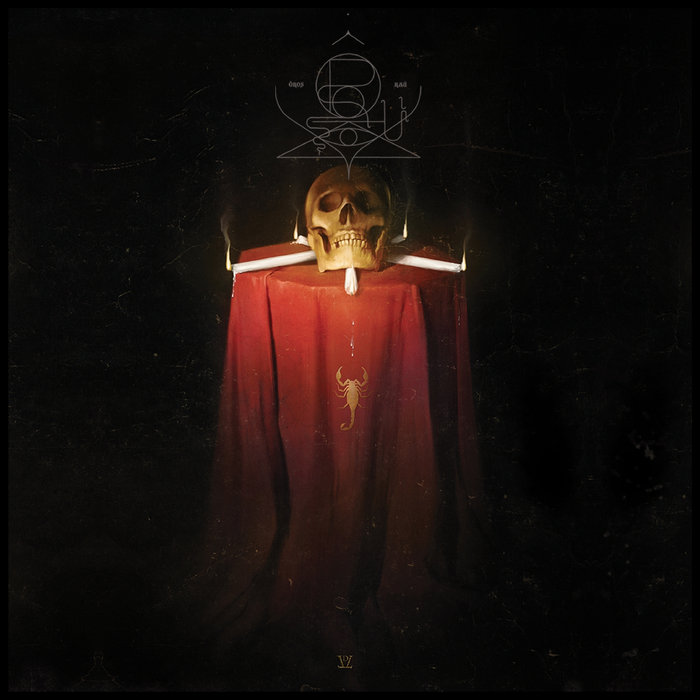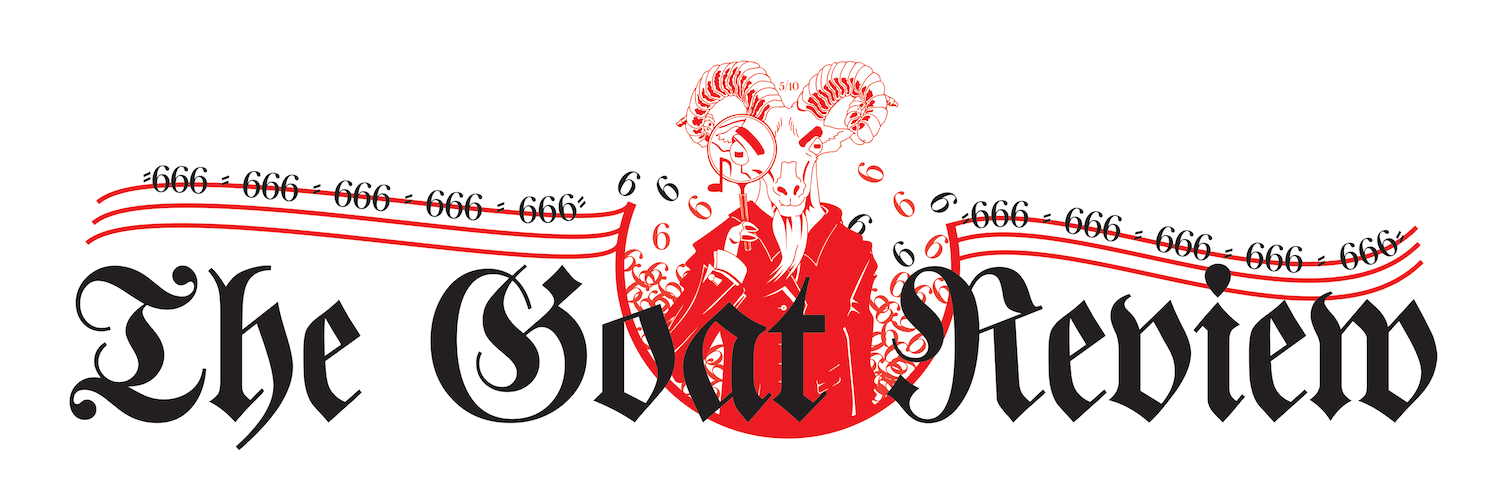
Ôros Kaù is the brainchild of Belgian weirdo CZLT, of other, weirder acts Neptunian Maximalism and ZAÄAR. Unlike these other projects, Ôros Kaù is not Free Jazz, instead a style of Black Metal reminiscent of an act such as Aosoth or Bestia Arcana. On his second album under this moniker and first of a planned duology, CZLT takes the listener on a journey of ritualistic summoning of various deities, demons, and general anti-cosmic occultism. However, these themes are nothing new for Black Metal, and in fact the two previously mentioned similar bands explore these themes a lot in their collective works. Is Ôros Kaù different enough to stand above the rest, or is this a failed ritual?
Right off the bat, the album opens with riffs that are meant to evoke the listener into a state of trance-like meditation. Opener “Nephtys” and later track “Baal” are examples of the occult nature of this record, and don’t give away too many hints as to what’s to come later. The production on this album is a bit of a mixed bag; guitars and bass are quite audible and clean, whereas the growled vocals (traditional Black Metal vocals are ditched in favor of growls) are quite muddy and the drums are buried so far back in the mix that it can be hard to even pay attention to the drumming in the first place. Album highlights include “Marbas” and “Dawn of the Red Scorpio”, two tracks that really emphasize the moments where this project excels: mixing furious Black Metal and ritualistic chant-singing that gets layered over the growls for a unique and welcome experience. “Dawn of the Red Scorpio” in particular ends with a refrain of the melody at the beginning but with a creepy piano playing alongside the chant-singing. It’s moments like these that make Thanatos a compelling listen.
However, the biggest glaring flaw of this album is undoubtedly the closer. This nearly 15 minute behemoth is an aimless mess. “Bios-Phos-Metis” starts off fine with an interesting snaking almost MENA-sounding guitar passage before focusing more on hypnotic Drone Doom, killing any sort of momentum the album had going for it beforehand. If anything, this song prolongs the album when it could have been cut entirely for a tighter performance. That being said, this is a good album, although it’s held back by one overly long song and some odd production choices. Ôros Kaù may not have reached the lofty heights it was aiming for with this album, but perhaps on the followup, titled Hypnos, we’ll see a tighter performance.
